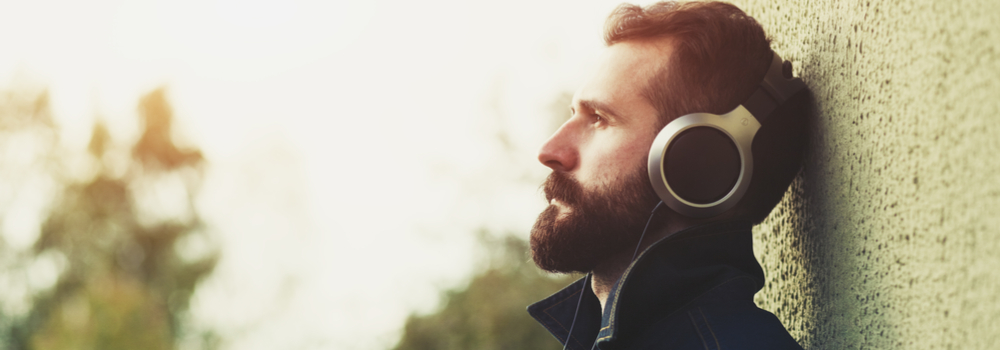We have been told that our gut instincts are reliable. Go with your gut people would offer us with encouragement, Trust your instincts. Until we started abusing drugs and alcohol, we could listen to these suggestions. Our instincts were clear. Our gut had direction. Drug and alcohol addiction changed all of that. The more we abused drugs and alcohol, the more chemically dependent we became in our minds, our bodies, and the spirit of what made us who we are/were. Overtime our instincts changed. Everything became a threat. We lived life on the edge, constantly in threat of being deterred from our ability to stay intoxicated. When something went wrong, our instincts told us to get drunk or get high. When something went right, our gut reaction was the same- now is a good time for a drink or a drug. As our addiction worsened, so did our instincts. Almost from a distance, we witnessed our decision-making change. All of our decisions directly supported our addiction, whether we realized it or not.
Once we got to treatment and began the lifelong process of recovery, we started hearing opposite suggestions. We were told not to trust our instincts because our instincts were broken. We were told to try to double check our gut, as our initial gut reaction could be misleading. Until we could heal our brains, change our thoughts, and alter our behaviors, we had to believe these voices were right.
Relia Wire reports on a discovery made by European Molecular Biology Laboratory, EMBL, about ‘neuronal projections’. Neuronal projections help the brain regulate instincts, against its own will. We might think of the moment we stand at the doors, about to enter a treatment program for our drug and alcohol addiction. Though we know it is the best thing for us after being dragged through our ‘bottom’, part of our instinct tells us run. Run now and never have to face what lies ahead. Somehow, we fight those instincts and walk through the door.
Instincts operate from the brainstem. Scientific curiosity has placed another area of the brain in responsibility for instincts- the prefrontal cortex. Researchers “…discovered that the prefrontal cortex makes prominent connections directly to the brainstem.” This prominent connection is a physical one, directly connecting the brainstem to the prefrontal cortex, acting like a “…brake that inhibits instinctive behavior.” Researchers used medications to block the connection and explore the connection in mice. When the connection was blocked, researchers could create inhibition.
Our brain is a complex and fragile place. Recovery requires the utmost care and critical action for changing and healing the brain, the body, and the spirit simultaneously.




